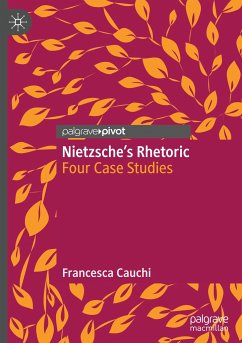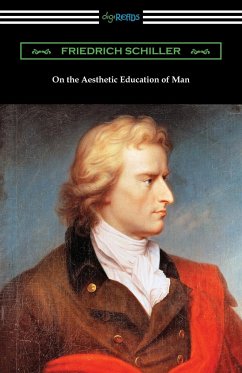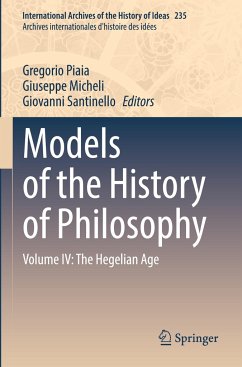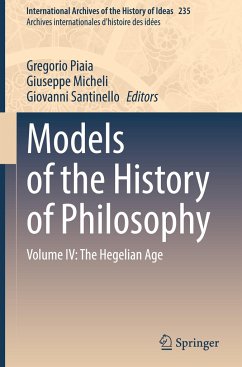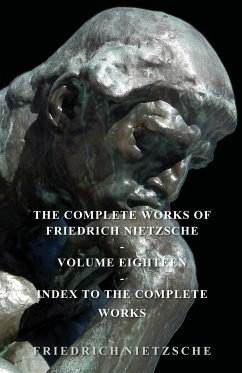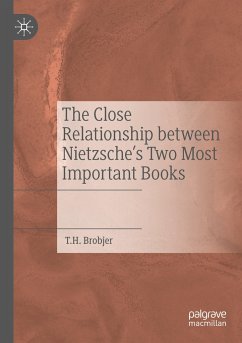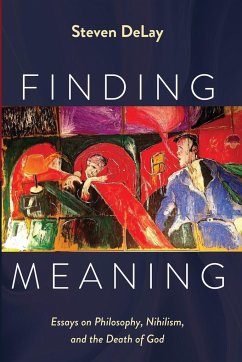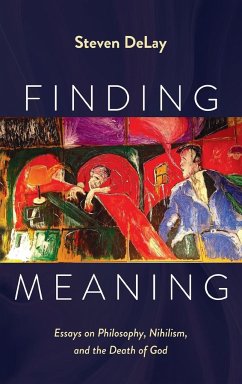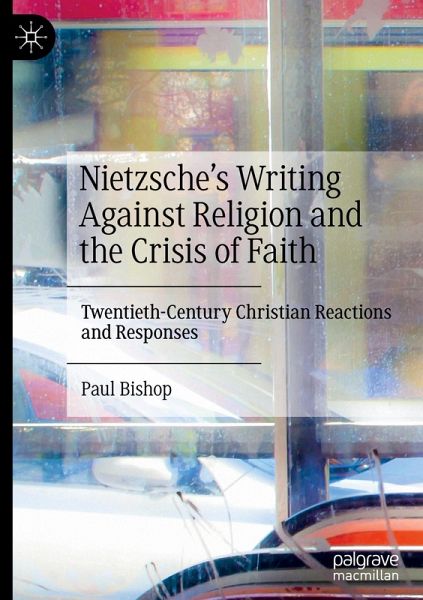
Nietzsche's Writing Against Religion and the Crisis of Faith
Twentieth-Century Christian Reactions and Responses

PAYBACK Punkte
42 °P sammeln!
This book offers an exercise in reception theory and investigates the key figures in the reception of Nietzsche's critique of Judeo-Christianity in the course of the twentieth century. It has often been remarked upon - but rarely, if ever, explained - why Nietzsche, the author of the famous parable in The Gay Science in which a madman announces the "death of God" and a self-proclaimed opponent of organised religion, should have been a figure of such profound interest to writers, thinkers and theologians who were of a Christian persuasion. In order better to understand the attractiveness of Nie...
This book offers an exercise in reception theory and investigates the key figures in the reception of Nietzsche's critique of Judeo-Christianity in the course of the twentieth century. It has often been remarked upon - but rarely, if ever, explained - why Nietzsche, the author of the famous parable in The Gay Science in which a madman announces the "death of God" and a self-proclaimed opponent of organised religion, should have been a figure of such profound interest to writers, thinkers and theologians who were of a Christian persuasion. In order better to understand the attractiveness of Nietzsche to practitioners of faith, this book undertakes an analytical study of the reception of Nietzsche by around a dozen writers and thinkers working within the discourse of twentieth-century theology in the European tradition (French, Italian, German, Polish, and Swiss).





